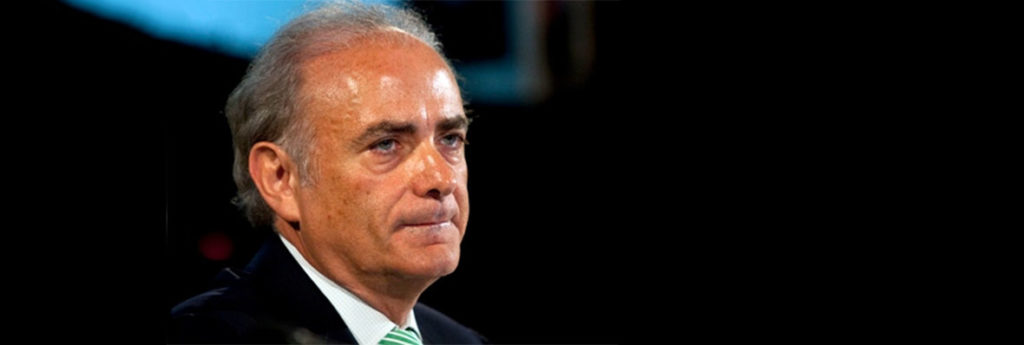Air Canada says the ongoing grounding of the Boeing 737 Max jet and the novel coronavirus will take a toll on the company this quarter. The company lost roughly 25 percent of its narrow-body fleet after authorities around the globe banned the Max in March, and last month, Air Canada halted all flights to mainland China and its Toronto-Hong Kong route due to the spread of the coronavirus.
The COVID-19 has led to mass quarantines in China and caused more than 1,800 deaths.
Adjusted earnings in the first quarter of 2020 are expected to generate about $200 million less than a year earlier, or about one-third lower than the $583 million in earnings before interest, taxes, depreciation and amortization in the first three months of 2019.
“Certainly, the biggest, largest item is the absence of the Max. And certainly, there is some impact from not flying to China for two months of Q1,” said chief financial officer Michael Rousseau.
The extra cost comes partly from backfilling one of Air Canada’s most efficient aircraft with Embraer 190s and Airbus A320s, which have lower fuel economy and carry lighter loads. The expense of leasing those planes and paying hundreds of pilots who are not trained to fly other jets in the fleet adds to the burden.
Air Canada hopes to start reintroducing Maxes in the second half of the year, though it will not receive the 26 Max 8s it was slated to have on the tarmac by this summer-on top of the 24 now sitting in hangars-until well into next year, the company has said.
The company’s routes connecting Beijing and Shanghai to Toronto, Vancouver and Montreal comprise about six percent of its available seat miles, a metric that measures an airplane’s revenue-generating carrying capacity. The Hong-Kong-Toronto route makes up between one percent and two percent, Rousseau said.
Air Canada forecasts the routes (suspended through March at the moment) will be active again with normal ridership by the third quarter, based on analyses of previous epidemics.
“The analysis is imperfect because each one of these viruses is different than the last,” chief executive Calin Rovinescu said on a conference call with analysts.
“While we certainly appreciate the amount of anxiety that there is out there now, especially in China, we’ve seen other of the Asian markets still being relatively strong at this stage, not seeing them fall off a cliff…We’re hopeful that that continues.”
The outlook came as Air Canada reported a fourth-quarter profit of $152 million or 56 cents per diluted share compared with a net loss of $360 million or $1.33 per diluted share in the fourth quarter of 2018.
The fourth quarter of 2019 included foreign exchange gains of $92 million while the last three months of 2018 included foreign exchange losses of $444 million.
On an adjusted basis, the Montreal-based company says it earned $47 million or 17 cents per diluted share in the fourth quarter of 2019 compared with an adjusted profit of $55 million or 20 cents per diluted share in the fourth quarter of 2018.
Analysts on average had expected an adjusted profit of 38 cents per share for the quarter, according to financial markets data firm Refinitiv.
Operating revenue totalled nearly $4.43 billion, up from nearly $4.23 in the same quarter a year earlier.

